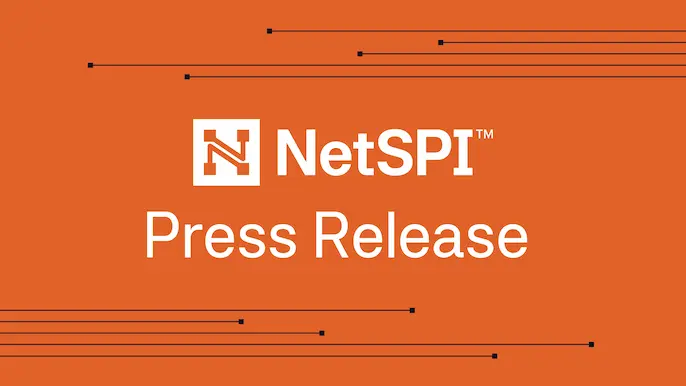
Security Affairs: Microsoft addresses a high-severity vulnerability in Azure AD
On November 18, 2021, NetSPI Director Karl Fosaaen was featured in an article written by Pierluigi Paganini for Security Affairs. Read the full article below or online here.
Microsoft has recently addressed an information disclosure vulnerability, tracked as CVE-2021-42306, affecting Azure AD.
“An information disclosure vulnerability manifests when a user or an application uploads unprotected private key data as part of an authentication certificate keyCredential on an Azure AD Application or Service Principal (which is not recommended). This vulnerability allows a user or service in the tenant with application read access to read the private key data that was added to the application.” reads the advisory published by Microsoft. “Azure AD addressed this vulnerability by preventing disclosure of any private key values added to the application. Microsoft has identified services that could manifest this vulnerability, and steps that customers should take to be protected. Refer to the FAQ section for more information.”
The vulnerability was discovered by Karl Fosaaen from NetSPI, it received a CVSS score of 8.1. Fosaaen explained that due to a misconfiguration in Azure, Automation Account “Run as” credentials (PFX certificates) ended up being stored in clear text in Azure AD and anyone with access to information on App Registrations can access them.
An attacker could use these credentials to authenticate as the App Registration, typically as a Contributor on the subscription containing the Automation Account.
“This issue stems from the way the Automation Account “Run as” credentials are created when creating a new Automation Account in Azure. There appears to have been logic on the Azure side that stores the full PFX file in the App Registration manifest, versus the associated public key.” reads the analysis published by NetSPI.
An attacker can exploit this flaw to escalate privileges to Contributor of any subscription that has an Automation Account, then access resources in the affected subscriptions, including sensitive information stored in Azure services and credentials stored in key vaults.
The issue could be potentially exploited to disable or delete resources and take entire Azure tenants offline.
Microsoft addressed the flaw by preventing Azure services from storing clear text private keys in the keyCredentials property and by preventing users from reading any private key data that has been stored in clear text.
Explore more News

NetSPI Pioneers Continuous Asset Exposure Management with New External Attack Surface Management Solutions
NetSPI®, the proactive security solution, today introduced three tiers of external attack surface management (EASM) solutions, delivered through the The NetSPI Platform.

NetSPI Joins AWS ISV Accelerate Program
NetSPI, the proactive security solution, announced it has joined the Amazon Web Services (AWS) Independent Software Vendor (ISV) Accelerate Program.

NetSPI Names Caroline Japic as Chief Marketing Officer to Drive Next Phase of Growth and Expand Proactive Security Vision
NetSPI announced Caroline Japic joins its team as Chief Marketing Officer to amplify its vision for proactive security.